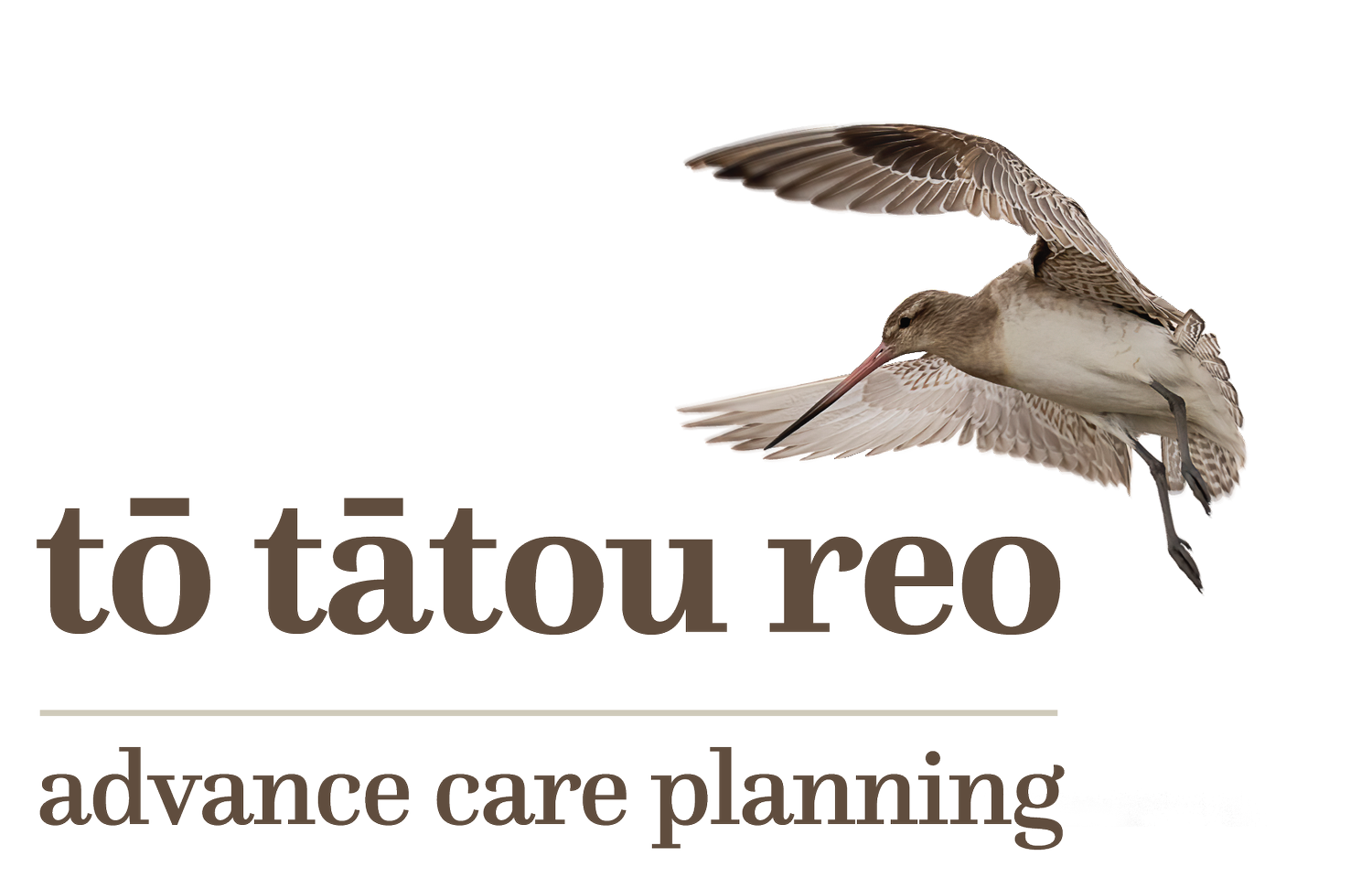Adrenalin sports enthusiast up for advance care planning challenge
Adrenalin sports enthusiast and paramedic Lee Den Haan isn’t afraid of a challenge, but his newest one is something a bit different.
This month, Lee is the face of advance care planning for the Health Quality & Safety Commission’s new public awareness campaign – Kia whakarite: Be prepared.
When he’s not on the road for Wellington Free Ambulance, the 34-year-old from north-west Auckland takes part in ultra trail-running, rock climbing, mountain biking and kayaking.
His latest adventure is less physical, but just as challenging. It involves thinking and talking about what he would like people to know if he had an accident doing what he loves and couldn’t speak for himself.
‘Safety is paramount in the outdoors. I think it’s important to be risk aware but not risk averse to the detriment of challenging yourself. I think advance care planning is relevant for everyone’s life,’ Lee said.
Lee will be appearing on posters this month around the motu. You can download a PDF version here or order physical versions by contacting acp@hqsc.govt.nz
What is advance care planning?
Advance care planning is the process of thinking about, talking about and planning for future health care, including end-of-life care. It helps you, the important people in your life and your health care team understand what you want – especially if you can no longer speak for yourself.
An advance care plan includes what is meaningful to you, your values, and the ways you would like those caring for you to look after your spiritual and emotional needs. It can also cover whether you want to donate your organs, what sort of funeral you would like and where your important papers are.
Free resources are available to help you with these conversations. Go to the Your plan page to find out more.
Risks and rewards
Lee is drawn to adrenaline sports by the challenge of reaching goals while enjoying the outdoors and pushing himself. He knows this comes with risks. ‘Balancing risk and competence is the most challenging part,’ he said.
His advice for people thinking about taking up adrenaline sports is to get amongst it! ‘Start at an introductory level and, if it really appeals, work at becoming competent at it,’ he said.
Preparing for if things go wrong
While Lee has thought about what might happen if he had an accident, until he was approached to take part in the Kia whakarite campaign, he had never heard of advance care planning.
‘I’d imagine it is a form of plan to put in place in the event of a life-altering health issue in regard to future health care,’ he said.
He thinks this sort of discussion is relevant to everybody’s life and is something people should talk about more. ‘I think it’s not something people typically think of until they need to, which is generally during a very stressful time.’
When he’s not out adventuring Lee Den Haan is a paramedic with Wellington Free Ambulance
Getting started with advance care planning
Before taking part in this project, Lee hadn’t started advance care planning; now he says he would encourage his friends and whānau to complete a plan.
Our free advance care planning resources are available here:
The most important part of advance care planning is starting the conversation. Have discussions with friends and loved ones about the things that are important to you, so they understand your wishes and can tell your health care team if you are ever unable to.
You can find the plan and supporting documents at myacp.org.nz or by contacting your local health provider. If you would like a hand filling out your plan, we have a list of regional contacts:
Keep an eye out for more Kia whakarite Kiwi
The advance care planning team is gathering stories from amazing people from all walks of life with all kinds of interests, from helicopter pilots to mixed martial arts fighters. In April, Thomas Mitchell from Canterbury will tell you about how important advance care planning is for farmers.



